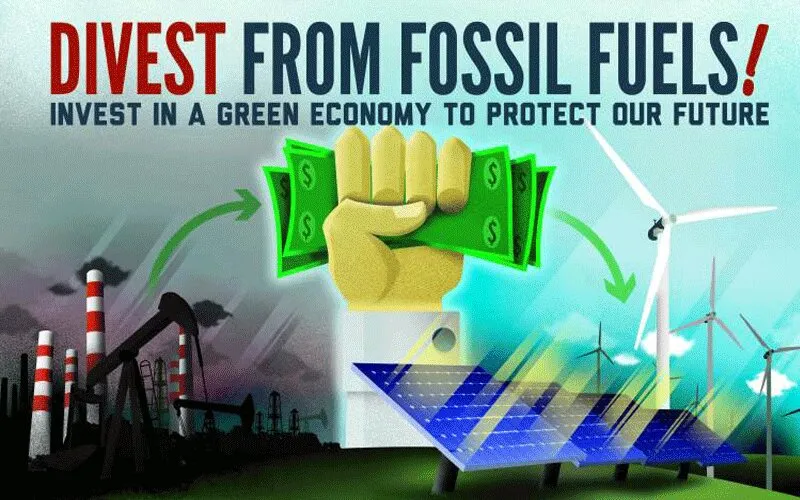Others include Uganda-based Dominican Sisters of Mary; YouFra Uganda; and the Kikandwa Environmental Association, a lay movement in the East African country.
Zambia’s Franciscan Missionary Sisters for Africa; Technologies for Economic Development, a Lesotho-based lay organization; and the Archdiocesan Justice and Peace Commission of Angola’s Luanda Archdiocese are also among the institutions that have made the commitment.
The 47 faith institutions join nearly 400 other similar bodies that have previously divested from fossil fuels.
The November 16 joint announcement comes five months after the issuing of the Vatican's first-ever operational guidance on the environment, according to the leadership of the Rome-based GCCM that works “to better care for our common home.”
“These guidelines, which were jointly issued by all Dicasteries of the Vatican, encouraged Catholics to avoid investing in companies that 'harm human or social ecology (for example, through abortion or the arms trade), or environmental ecology (for example, through the use of fossil fuels)',"the leadership of GCCM notes referencing Vatican’s guidelines.
The 47-member-institution’s commitment also comes a few days before the “Economy of Francesco” conference convened by Pope Francis. The conference is set to begin on November 19 with an aim of exploring “innovative ways Catholics are developing a sustainable economy, with leadership from young people front and center.”
Several entities and personalities have supported GCCM’s initiative on divesting from fossil fuels, among them the leadership of the Commission of the Bishops' Conferences of the European Union (COMECE) who have called on other bodies to commit to such endeavors.
“COMECE joins the Catholic movement to divest from fossil fuels. We encourage others also to join us in taking concrete steps to solve the climate crisis,” COMECE Secretary-General, Fr. Manuel Enrique Barrios Prieto has been quoted as saying in the November 16 statement.
He adds, “Commitments to the Paris climate agreement is important, and the European Green Deal is a way of doing so. Solving the climate crisis protects the human family from the dangers of a warming world, and decisive action is needed now more than ever.”
On his part, the Executive Director of the UN Environment Program and Under-Secretary-General of the UN, Inger Andersen says, “The economic power of faiths, turned to responsible investments and the green economy, can be a major driver of positive change, and an inspiration to others, as we rebuild better.”








